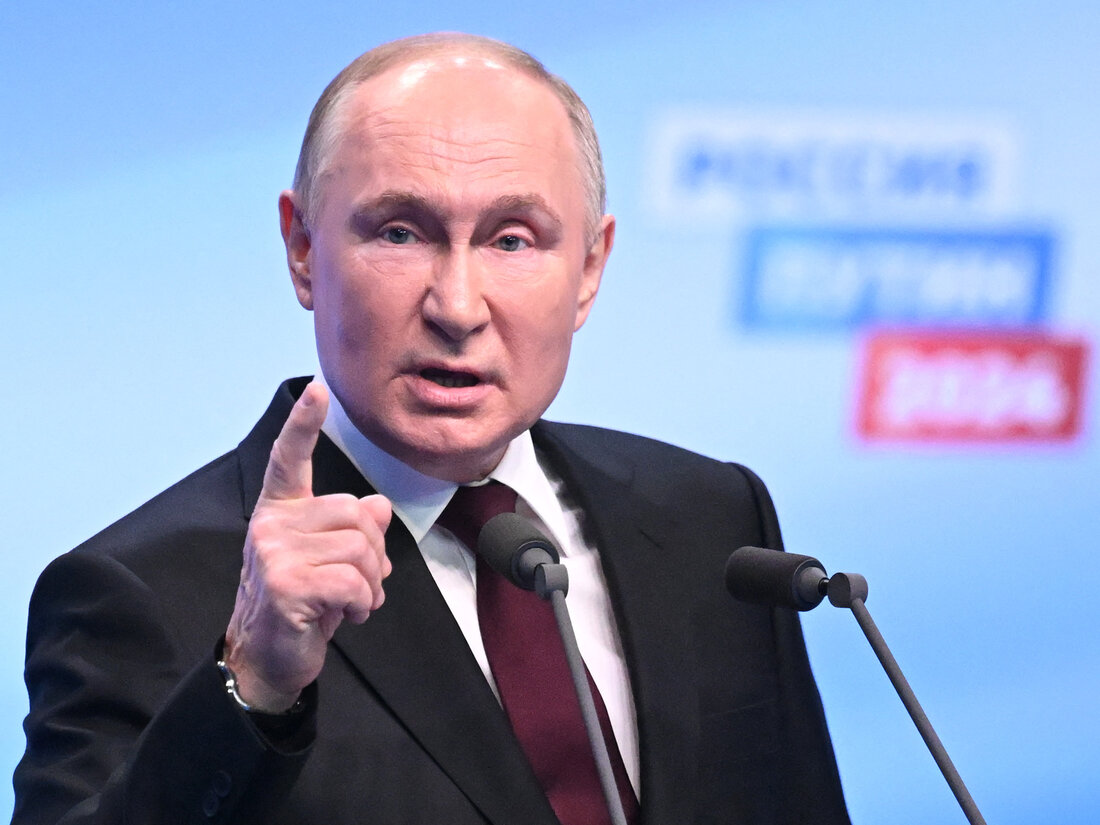November 12, 2024
In a recent escalation of accusations against the West, Nikolai Patrushev, a close ally of Russian President Vladimir Putin, has claimed that the United States and the United Kingdom are planning sabotage operations targeting underwater internet cables and the global maritime energy trade. Patrushev’s allegations, made in an interview with the Russian newspaper Kommersant, drew a quick response from Western officials, including the British Foreign Office, which dismissed the claims as “conspiracy theories.”
Patrushev, formerly the secretary of Russia’s Security Council and now a senior aide to Putin, suggested that the U.S. and U.K. orchestrated the September 2022 Nord Stream pipeline explosions and are preparing similar attacks on other critical infrastructure. “American and British special services,” Patrushev alleged, have the necessary equipment and trained personnel to conduct such operations under the guise of advancing their own economic interests.
In the interview, Patrushev argued that these Western powers might also target fiber-optic cables, the infrastructure responsible for connecting the global internet. He claimed that such actions would be intended to “sow chaos” in global energy markets by disrupting maritime transportation channels. Patrushev even connected these allegations to U.S. actions in the Persian Gulf, where American forces have targeted Iran-backed Houthi militias following their repeated attacks on shipping lanes.
The British Foreign Office, responding to Newsweek on Tuesday, dismissed Patrushev’s assertions, stating, “We are not going to provide a running commentary on Russia’s conspiracy theories.” The U.S. State Department has yet to issue an official response.
A History of Accusations and Tensions
The Nord Stream pipeline explosions have been a focal point of contention since they occurred. Moscow initially blamed the United States, while Swedish investigations confirmed sabotage but did not attribute responsibility. In February 2024, probes by Sweden and Denmark closed without identifying any suspects, although German authorities continue to investigate. Germany reportedly issued an arrest warrant in June for a Ukrainian national, suspected alongside two others of sabotaging the pipeline using a yacht named Andromeda. However, Patrushev dismissed these findings, stating that Ukraine lacks the “equipment and trained specialists” necessary for such deep-sea operations, which he claimed could only be carried out by NATO-aligned forces.
His comments come amid reports of increased Russian naval activity in NATO-sensitive areas. Norwegian media have recently noted the presence of the Russian intelligence vessel Yantar in international waters along Norway’s coast, raising concerns due to the ship’s proximity to key oil and gas pipelines, as well as internet and telecommunications cables on the seabed.
Western Worries Over Russian Sabotage Capabilities
Concerns about Russia’s capability to disrupt critical underwater infrastructure are not new. A CNN report in September cited U.S. officials warning of a Russian sabotage unit allegedly being developed under the command of Russia’s Main Directorate for Deep-Sea Research (GUGI). Equipped with specialized submarines and drones, this unit is thought to be capable of targeting underwater installations, and Western analysts have raised alarm about its potential for future conflicts.
Patrushev’s statements, while unsubstantiated, reflect Russia’s narrative of blaming Western interference for domestic and global issues. Meanwhile, as NATO countries closely monitor Russia’s movements near strategic seabed assets, concerns about potential sabotage of pipelines and internet cables remain a significant point of tension between Russia and the West.
Awaiting Clarity on Nord Stream Investigations
Germany continues its investigation into the Nord Stream attacks and is expected to release findings. In a statement to Newsweek, the British Foreign Office emphasized that it would refrain from commenting further until Germany’s investigation concludes.
As these tensions unfold, both sides seem wary of each other’s intentions in international waters, with NATO allies keeping a close watch on Russian maritime activities. While Patrushev’s claims remain allegations, they underscore the ongoing geopolitical strain surrounding critical infrastructure security and the potential for both misinformation and genuine threats in the contested waters of the Arctic and North Atlantic.
Sources:
- Newsweek
- Kommersant
- CNN
- British Foreign Office
- Norwegian Media

